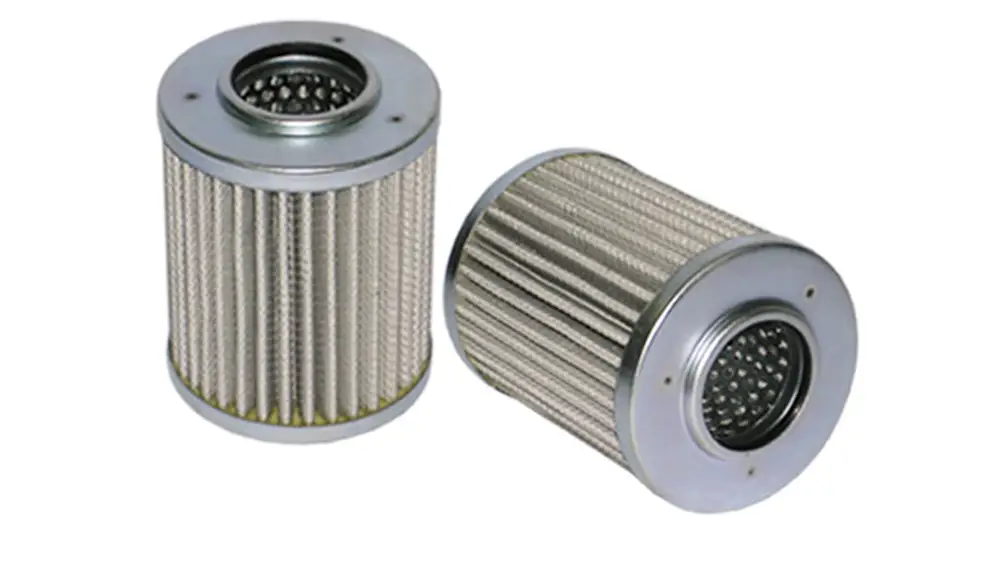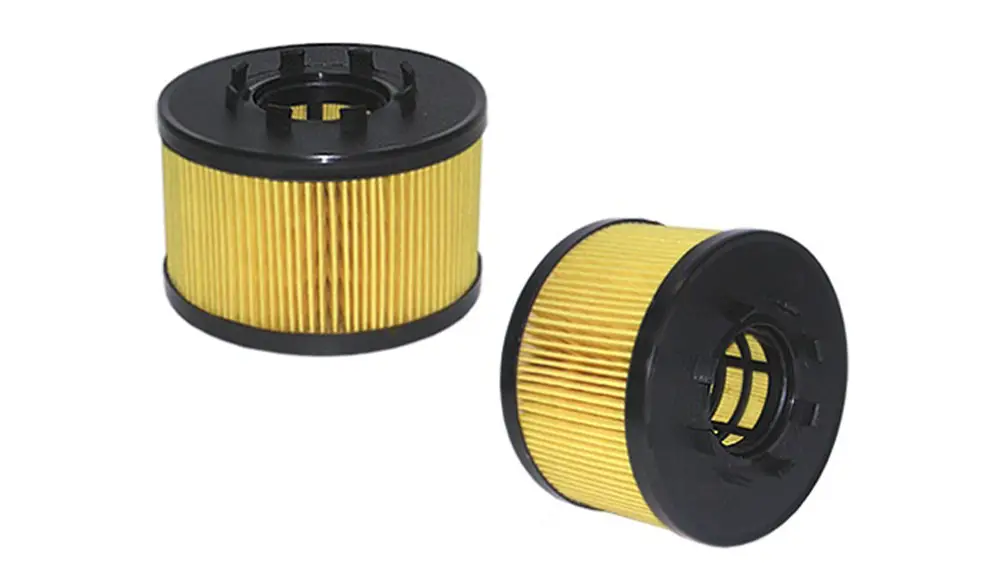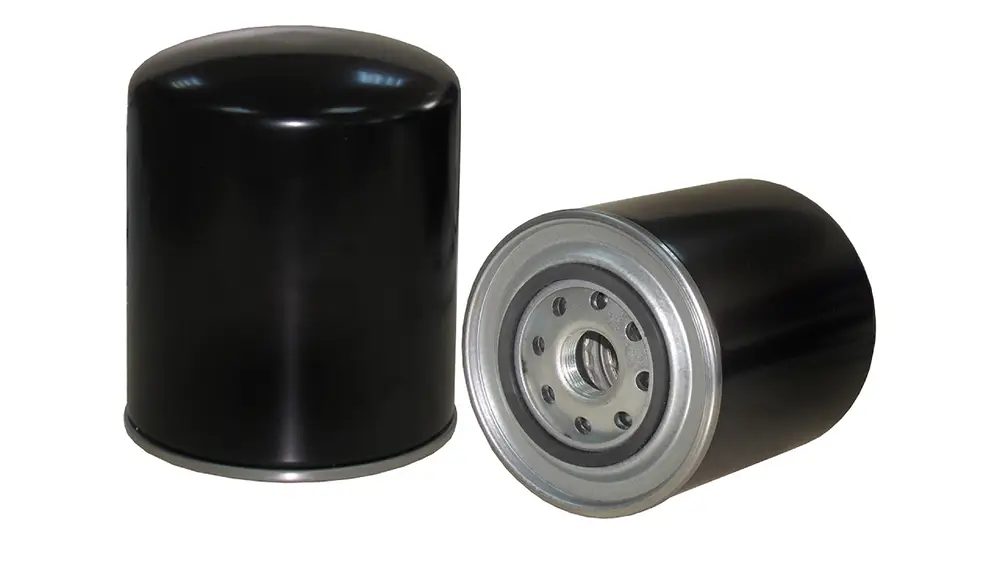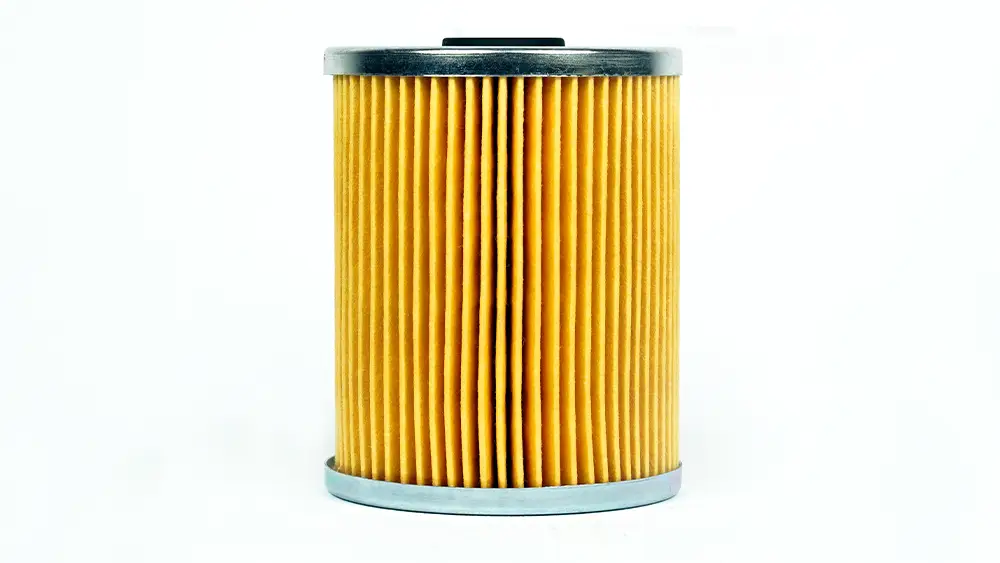
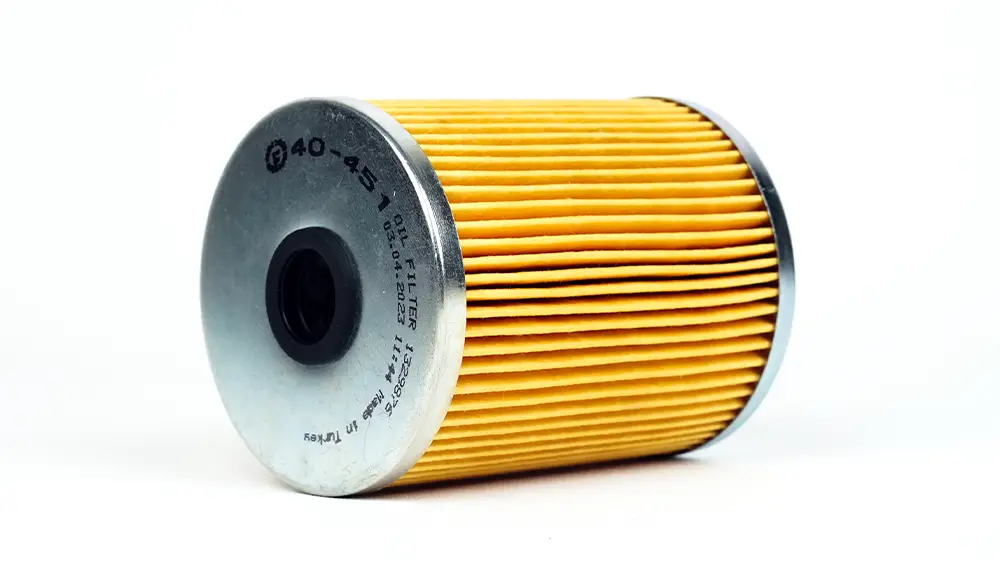
Ecological Oil Filters
Ecological oil filters, also known as eco-friendly or environmentally friendly oil filters, are a type of oil filter designed with a focus on reducing their environmental impact. These filters aim to minimize waste, promote recycling, and use sustainable materials in their construction. Here’s some brief information about ecological oil filters:
Sustainable Materials: Ecological oil filters are often manufactured using sustainable materials, such as recycled metal and plastics. This reduces the demand for new resources and lowers the environmental footprint associated with their production.
Recyclability: One of the key features of ecological oil filters is their design for easy recycling. They are typically constructed in a way that allows for efficient separation of the filter media and housing materials, making it easier to recycle these components.
Reduced Waste: These filters may incorporate design elements that minimize waste generation during the manufacturing process. For example, they might use fewer components or employ efficient assembly techniques to reduce waste.
Biodegradable Materials: Some ecological oil filters utilize biodegradable filter media, which means that the filter material can naturally break down over time. This can be beneficial for reducing the long-term environmental impact of discarded filters.
Extended Service Life: In some cases, ecological oil filters are designed to have a longer service life compared to conventional filters. This reduces the frequency of filter replacements and, consequently, the volume of waste generated.
Environmentally Conscious Packaging: Manufacturers of ecological oil filters often use eco-friendly packaging materials and practices to further minimize their environmental footprint. This may include using recyclable packaging or reducing excess packaging materials.
Regulatory Compliance: These filters may adhere to specific environmental regulations and standards, ensuring that their production and disposal meet environmentally friendly criteria.
Consumer Awareness: Many consumers are becoming more environmentally conscious, and as a result, there is a growing demand for ecological oil filters. Manufacturers often label their products as eco-friendly to attract environmentally aware customers.
Waste Disposal: Proper disposal of ecological oil filters is crucial to maximize their environmental benefits. Consumers should follow local regulations and recycling guidelines to ensure that these filters are disposed of or recycled in an eco-friendly manner.
In summary, ecological oil filters are designed with a focus on reducing their environmental impact through sustainable materials, recyclability, reduced waste generation, and biodegradable components. These filters cater to the growing demand for eco-friendly automotive products and contribute to a more sustainable approach to vehicle maintenance.
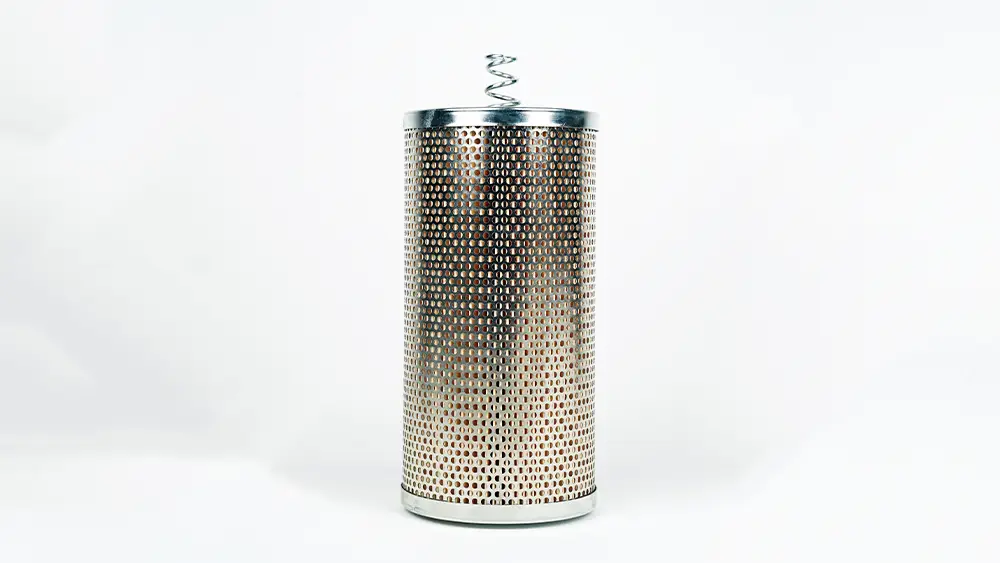
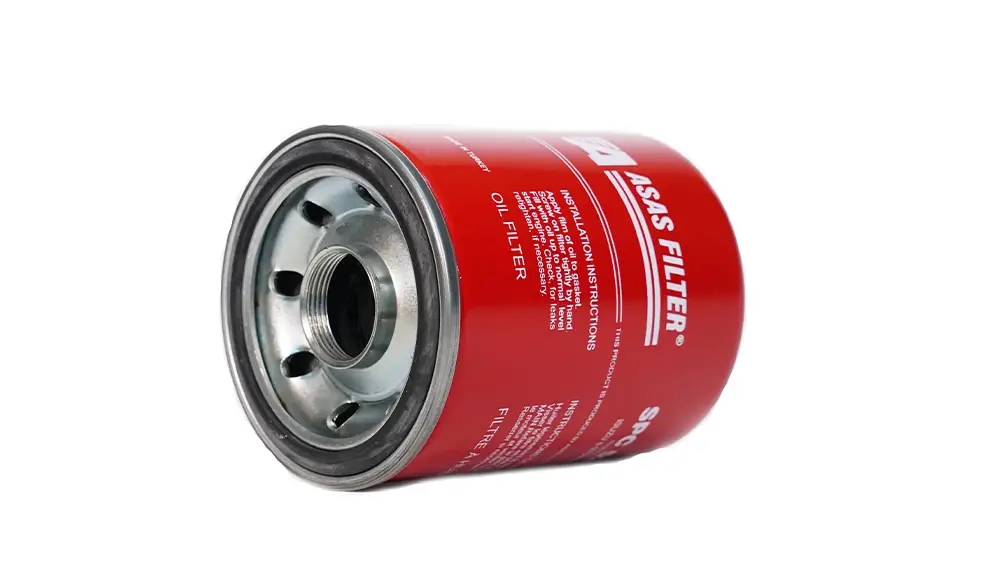
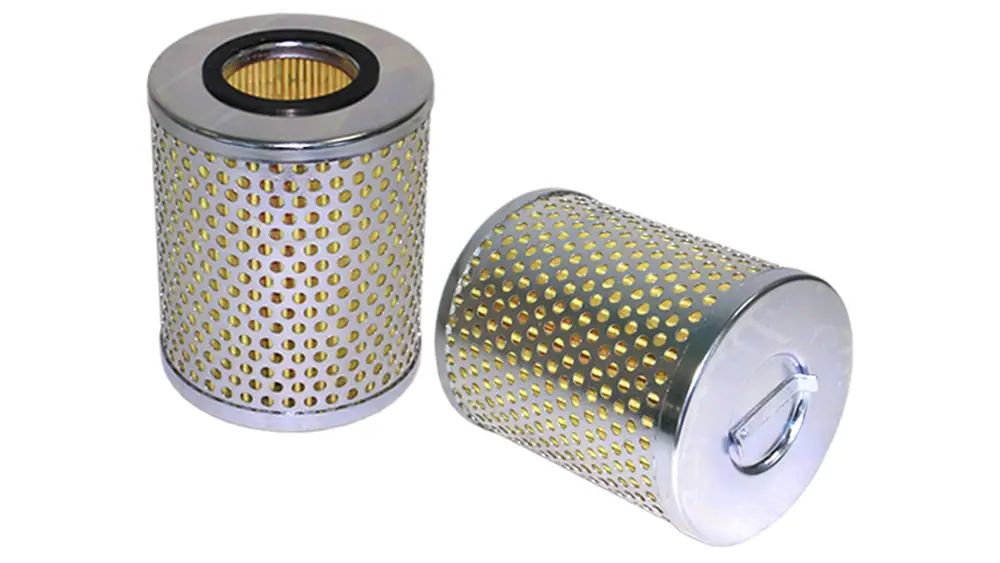
Spin-On Oil Filters
A spin-on oil filter is a crucial component in the lubrication system of internal combustion engines, including those in cars, trucks, motorcycles, and various industrial applications. Its primary purpose is to remove contaminants and impurities from the engine oil to ensure clean and effective lubrication. Here’s some brief information about spin-on oil filters:
Design: Spin-on oil filters are typically cylindrical in shape and feature a threaded metal or plastic housing, allowing them to be easily installed by screwing them onto a designated mounting point on the engine.
Filtration Medium: Inside the filter housing, there is a filtration medium, often made of pleated paper, synthetic materials, or a combination of both. This medium is designed to trap and hold particles, dirt, debris, and other impurities present in the engine oil.
Function: While the engine runs, oil is continuously pumped through the spin-on oil filter. As the oil passes through the filtration medium, it captures and retains contaminants, preventing them from circulating through the engine. Clean, filtered oil then flows out of the filter and continues to lubricate the engine’s moving parts.
Maintenance: Regular replacement of spin-on oil filters is essential to maintain engine health and performance. The frequency of replacement varies depending on factors like the engine type, oil quality, and operating conditions. It is typically recommended during routine oil change intervals, which vary but are often every 3,000 to 10,000 miles (4,800 to 16,000 kilometers).
Benefits: Spin-on oil filters play a critical role in extending the life of an engine by preventing abrasive particles from causing wear and damage to engine components. Clean oil also helps maintain optimal engine performance and fuel efficiency.
Compatibility: There are various sizes and types of spin-on oil filters to fit different engine models and specifications. It is crucial to use the correct filter size and type recommended by the engine manufacturer to ensure proper filtration and compatibility.
Environmental Considerations: Proper disposal of used spin-on oil filters is important because they can contain contaminants. Many recycling centers accept used oil filters to reduce their environmental impact.
In summary, a spin-on oil filter is an integral component of an internal combustion engine’s lubrication system, responsible for removing contaminants from the engine oil to ensure clean and efficient lubrication. Regular maintenance and proper filter selection are essential for preserving engine performance and longevity.
